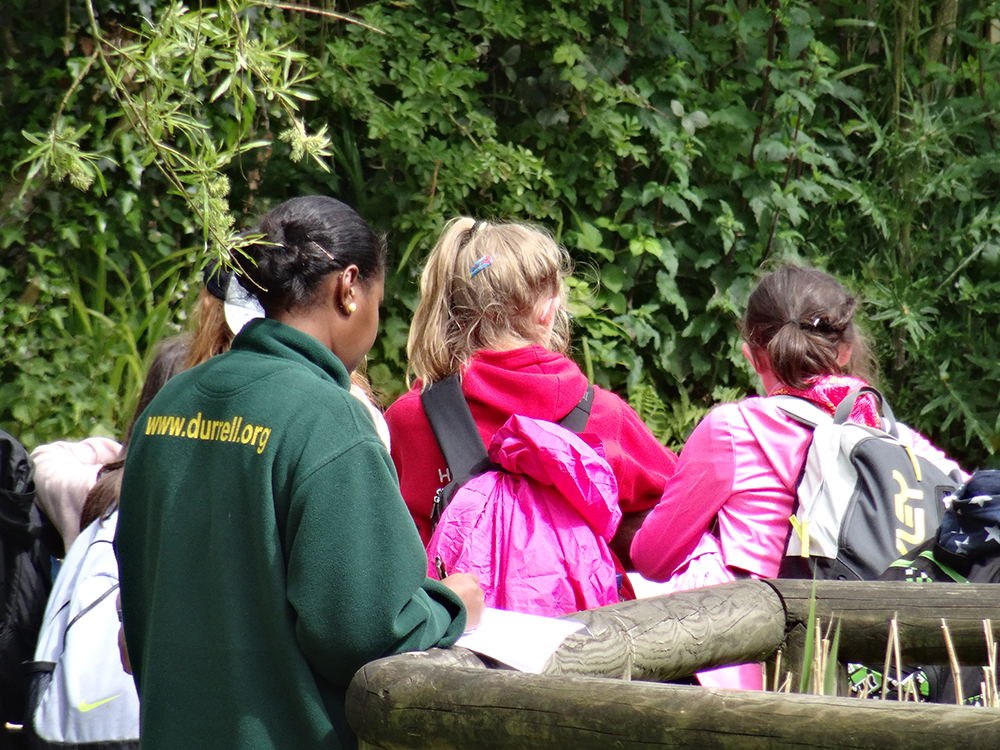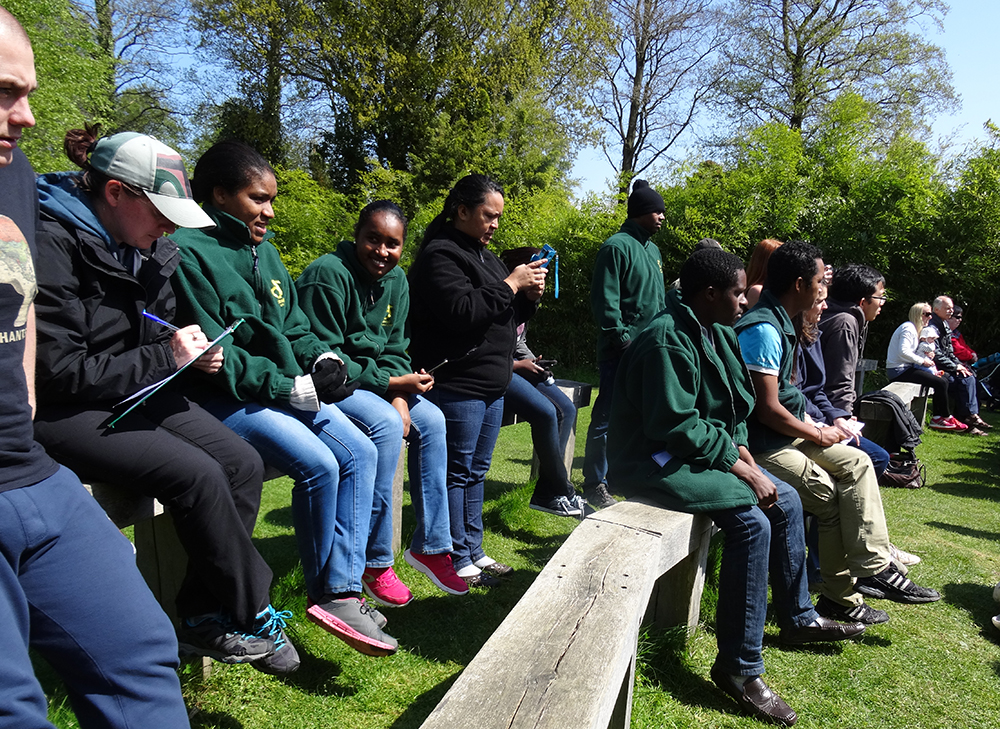Askham Bryan College near York (with other centres in the north of England too) has a very good reputation for specialist land-based further education. The college now has its own Wildlife and Conservation Park – which is of a very high standard, providing students with real experience of the operation and management of a small zoo (and this is a Provisional member of BIAZA).
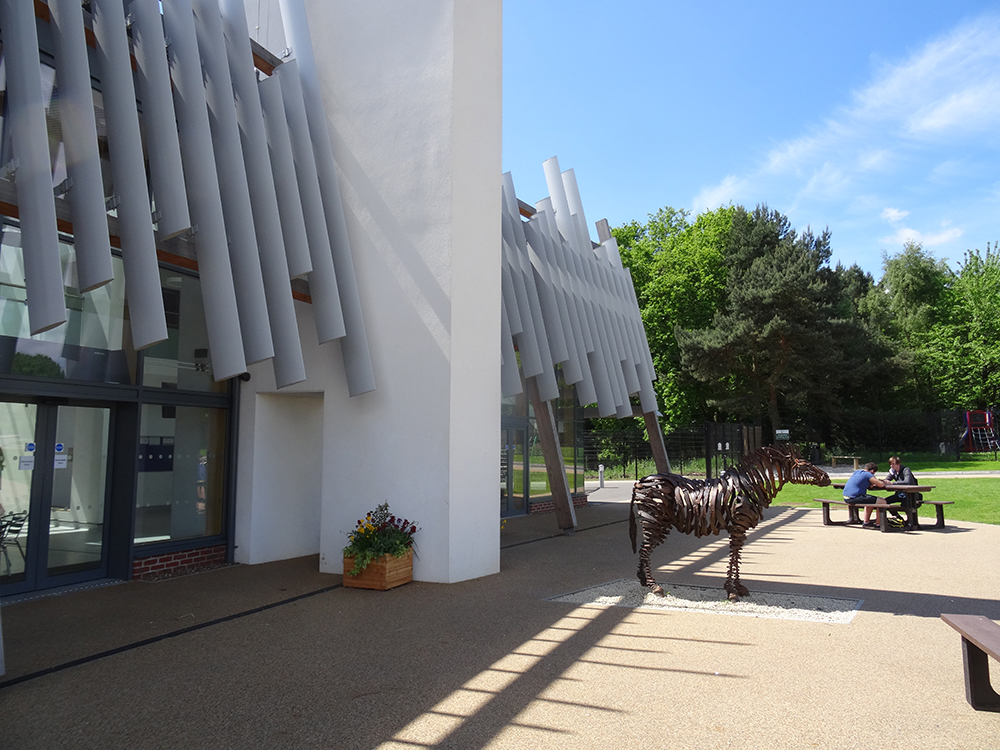 It was great to meet over 50 of the students this week and provide an insight for them into the world of work with a careers workshop. The session was designed to give them an introduction to the jobs and career paths available in the zoo and wildlife sector, and with particular emphasis on the process, from job advert to CV and interview.
It was great to meet over 50 of the students this week and provide an insight for them into the world of work with a careers workshop. The session was designed to give them an introduction to the jobs and career paths available in the zoo and wildlife sector, and with particular emphasis on the process, from job advert to CV and interview.
Whilst I indicated that there are some great opportunities for young people today, and the good work of zoos and wildlife centres is a great career to get into, the workshop provided skills that are transferable to other job situations, and I felt it important to be honest about the issues of current employment practice, HR, competition for jobs, and use of internships (and unpaid work). Students have to be prepared and learn the ways through the systems.
As someone who has interviewed a few hundred people in my career, and been involved in the recruitment process from both sides, I know there are some great people out there seeking employment or the next step on their career path. However, it seems many are finding that there are more barriers to cross and some of the good people get passed over because they don’t get past the selection systems. Good practice is seen across the industry, but at the same time, students and others are faced with different forms of ‘selection’ or ‘discrimination’ (in all but name). Today, as always, ‘zoo jobs’ are popular. So employers have to use some form of ‘selection’ to pick candidates for interview. More often than not, the job description/profile will define qualifications and experience (and skills) appropriate for the role. These will get used as a ‘filter’ in selecting candidates.
The problem now is that sometimes, there are excellent and suitable people for the job who don’t quite ‘tick the boxes’ and thereby don’t get selected. My career in zoos started thanks to a zoo education manager seeing that although I had no formal qualifications in biology or education (at the time) but had demonstrated an interest and a passion in my ‘application’. I then undertook my training and formal qualifications once I was in the profession.
Many applicants are rejected on the basis of not having the ‘correct qualification’ (and which college/university rated or not) and not having enough experience. However, they might actually be a better person for the role, its just getting past the ‘gatekeeper’ and demonstrating this at an interview. Persistence and passion are two characteristics that can help. Volunteering at the desired organisation is another, and worryingly there are now more unpaid internships being used – great opportunities for experience but for many this is a ‘luxury’ as it costs the ‘volunteer/intern’ and good candidates could be excluded due to their own financial or logistical situation.
There is a lot of emphasis upon the ‘candidate’ doing all the right things for their career development – which is of course quite right. At the same time, there are good employers who recognise their role in developing individuals and giving someone a chance. I wish this year’s graduates and college leavers success in their applications and steps on the career ladder, and encourage employers to support the next generation of employees and help them with training and opportunity. 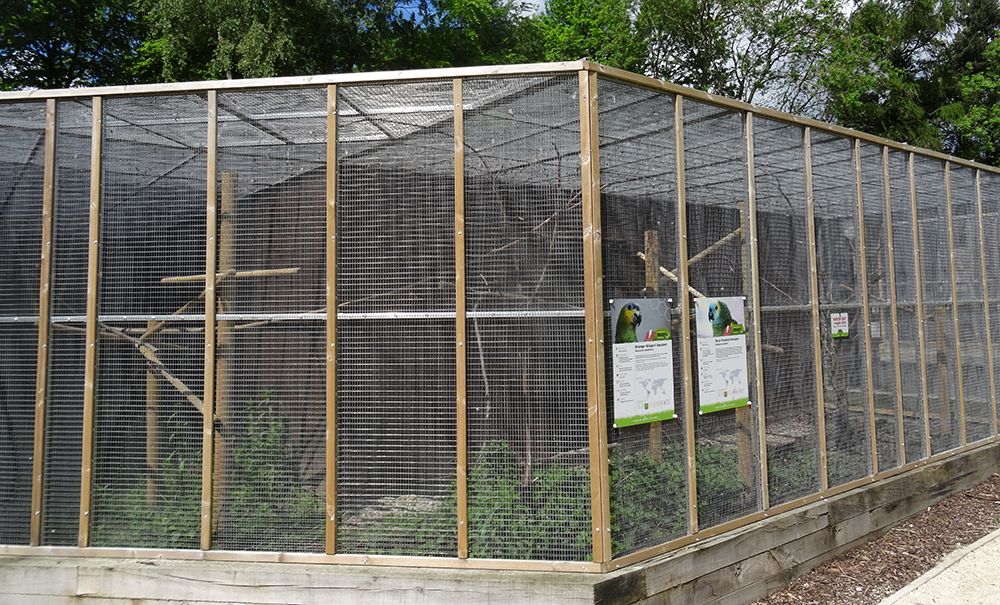


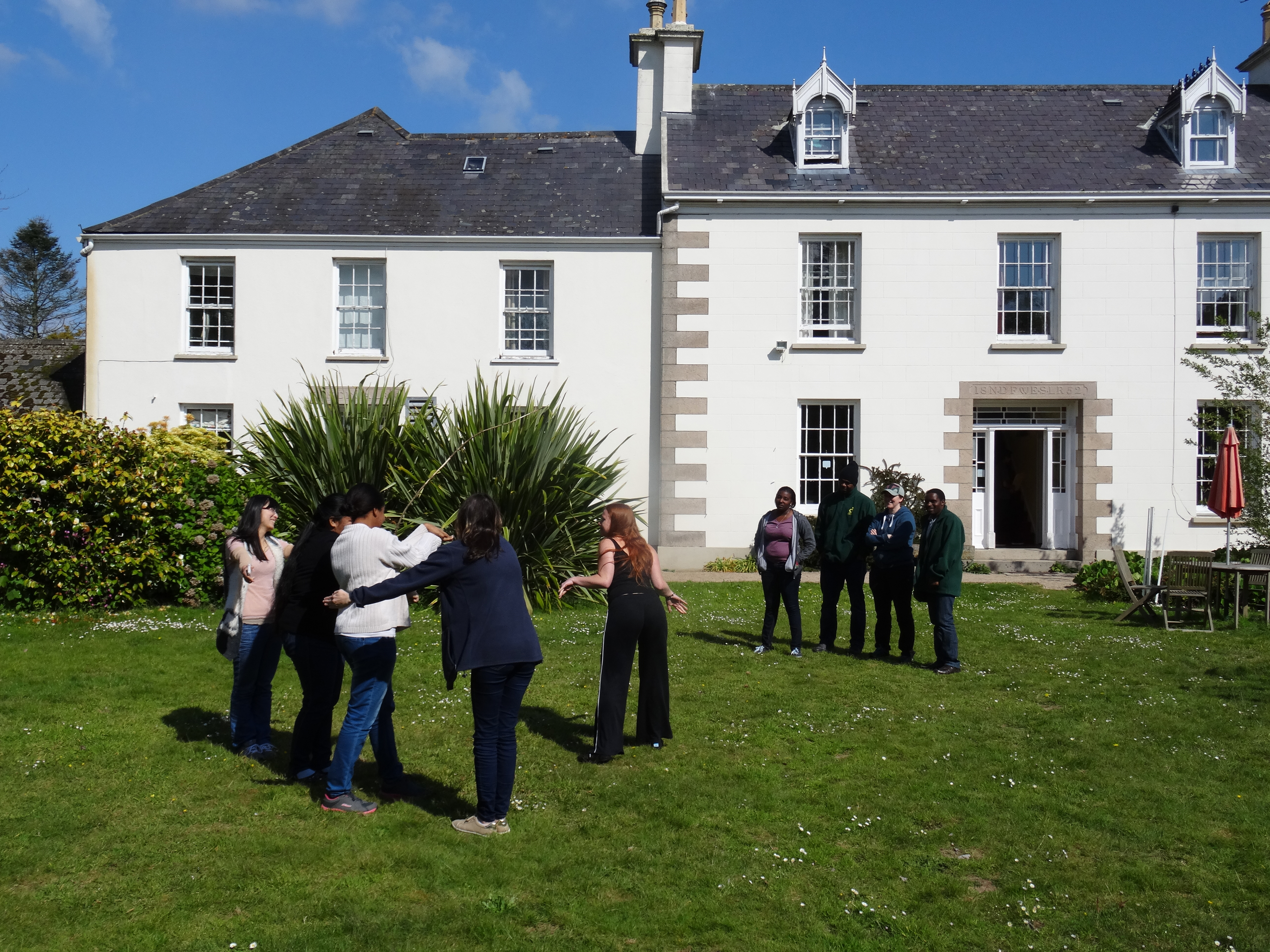
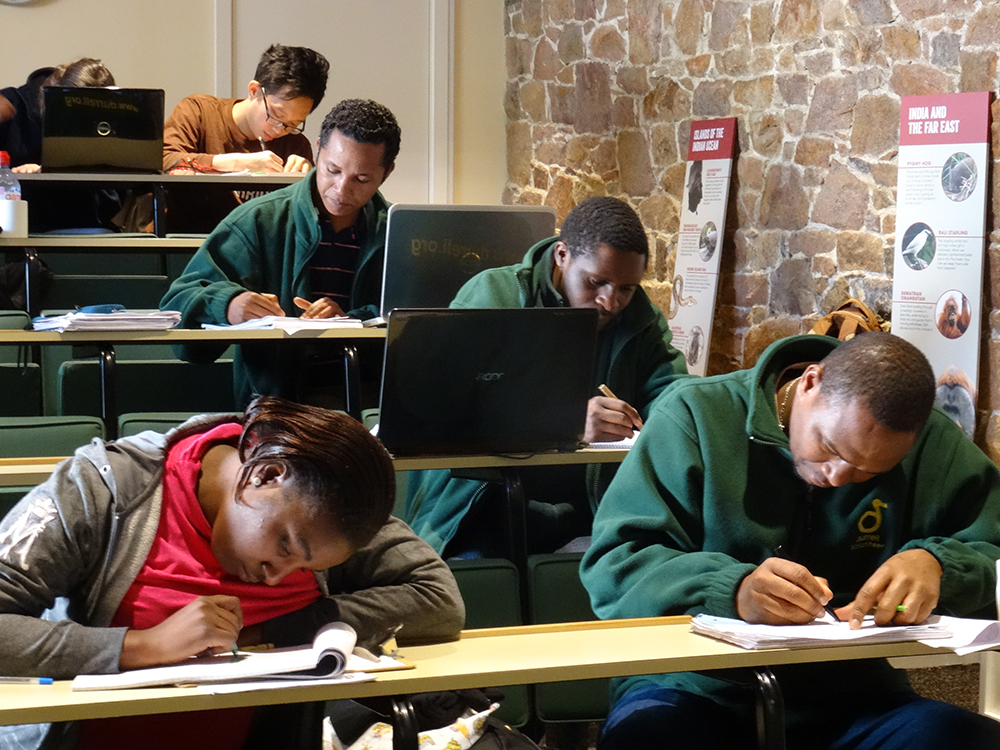 The Durrell Conservation Academy in Jersey has been involved in the training of hundreds of conservationists from around the world and its flagship programme is the Durrell Endangered Species Management Graduate Certificate – DESMAN. It was an honour to be asked to run the Conservation Education training aspect of this year’s course.
The Durrell Conservation Academy in Jersey has been involved in the training of hundreds of conservationists from around the world and its flagship programme is the Durrell Endangered Species Management Graduate Certificate – DESMAN. It was an honour to be asked to run the Conservation Education training aspect of this year’s course.